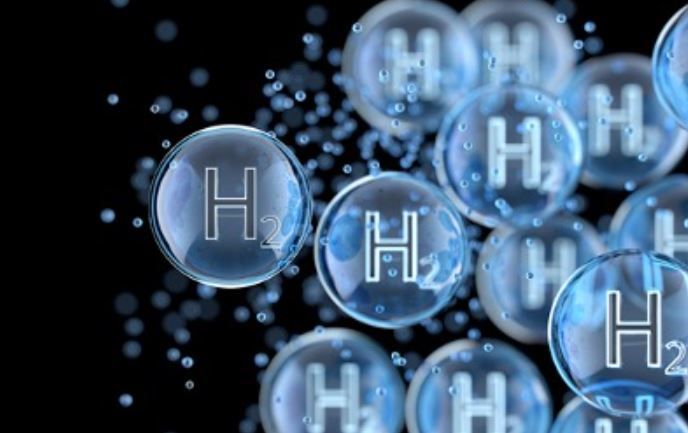French industrial group Fives has embarked on the €7.5 million HyGen project in collaboration with CEA and Ècole des Mines de Saint-Etienne.
Funded partially by the French Government through the France 2030 program, the project aims to overcome technological barriers and scale up liquid hydrogen equipment.
The HyGen project has received €3.4 million from the French Government via ADEME, signifying substantial public investment in advancing hydrogen technologies. The project aims to increase the scale of hydrogen liquefaction equipment tenfold while enhancing the reliability and security of this equipment. Additionally, it seeks to boost France’s competitiveness in the hydrogen sector, particularly in the mobility market.
The financial backing from the France 2030 program highlights the strategic importance of hydrogen in national energy policies. However, achieving a tenfold increase in equipment scale presents significant technical challenges. The project’s success will depend on overcoming these hurdles and demonstrating economic viability.
One of the primary goals of HyGen is to remove technological barriers to scaling up liquefaction equipment. Hydrogen liquefaction is a complex process, involving cooling hydrogen to extremely low temperatures. Current technologies are energy-intensive and costly, making large-scale liquefaction economically challenging.
Fives aims to address these issues by improving the efficiency and reliability of liquefaction equipment. While the project’s ambitions are laudable, it is crucial to compare these efforts against industry benchmarks. Companies like Air Liquide and Linde have made significant strides in hydrogen liquefaction. Fives must not only match but surpass these existing technologies to make a substantial impact.
The HyGen project also aims to position France as a leader in the hydrogen mobility market. By enhancing the reliability and efficiency of hydrogen liquefaction equipment, the project hopes to meet the growing demand for hydrogen fuel in transportation.
Hydrogen-powered vehicles are a critical component of decarbonizing the transportation sector. However, the market remains nascent, with hydrogen fuel cell vehicles (FCVs) facing competition from battery electric vehicles (BEVs). The success of HyGen in this competitive landscape will depend on the project’s ability to produce cost-effective, reliable, and scalable liquefaction equipment that can support widespread hydrogen adoption in mobility.
The HyGen initiative is expected to create 85 new jobs in the Grand-Est region by 2030. This local economic boost is a positive aspect of the project, contributing to regional development and job creation. The equipment will be designed in Fives’ workshop in Golbey, Vosges, highlighting the project’s commitment to local manufacturing.
However, the broader economic impact will depend on the project’s success in achieving its technological and market goals. If HyGen can deliver on its promises, it could significantly enhance France’s position in the global hydrogen market. Conversely, failure to meet these goals could result in wasted public investment and missed opportunities.
